If you have a background in predicate logic or computer programming you’ve probably heard the phrase “All men are mortal, Socrates is a man. Therefore Socrates is mortal”.
We’ll come back to this phrase because I take offense with every single claim it makes.
It 1936 it was proven by Alan Turing that there is no program on a Universal Turing Machine that, when given another program as an input, can determine if it will halt or run forever.
This proof relies explicitly on a contradiction in logic, and isn’t directly applicable to living organisms, however it does provide a great introduction into the undecidability of termination analysis.
There are a subset of networks/systems which have a termination-proof (a way to demonstrate the process will terminate), however they’re all strictly defined with unambiguous structures.
Suppose the following thought experiment:
Take a given program with a known termination-proof, but each step in the computational process some stochastic-entity has a non-zero chance replacing every element with a variety of permutations of itself.
Even if we knew the original program should terminate or run forever, we have no way to be certain that future instances of the program will resemble it’s initial state.
This should shed some light on the issue of predicting a single instance’s future.
If we assume the original premise to be true and accept that man is mortal, then we can’t know any living organism qualifies as “man”.
All assumptions of our own mortality are based on the idea that we are an instance of the class human, an instance of the class mammal, and since no mammals have been observed to defy senescence (biological aging) then we must have inherited this same limitation.
Sadly, there’s no such “thing” as the class of human, all classes are abstract and mutable knowledge representations, and the ideal form of “human” isn’t an accurate descriptor of any real person, although most of us will share common traits, which can be mistaken as qualifiers being human, failing to be born with one of these traits doesn’t make us inhuman.
Based on the first biological definition I could find: “Human beings are anatomically similar and related to the great apes but are distinguished by a more highly developed brain and a resultant capacity for articulate speech and abstract reasoning”
An AI could be forgiven for assuming that humans with aphasia become great apes, or that once someone loses their reasoning they’re no longer human and therefore possibly now immortal; as humans we know this isn’t the case.
Just by looking at our media we can see there are a hundreds of ways humans have imagined immortality within our lifetime, some more likely than others, all unlikely but not impossible.
Although we may not give birth to a mutant child who never dies of age we wouldn’t be the first animal species to evolve such a trait, but we don’t have to live forever.
We just have to live long enough to see the next life extension technology that may extend our life long enough, to see the next life extension technology after that, and so on indefinitely or until we run out of miracle extensions.
Furthermore we may live to migrate from physical cells to digital cells, if there was an array of redundant digital copies of us, any indeterministic mutation to a single copy can reversed by constantly keeping the median of the array as the “true” version. Like a RAID system for digital clones.
The further into the future we try to think the more increasingly likely it becomes that we will have died, but the only deaths of which we can be certain are those that have already passed.



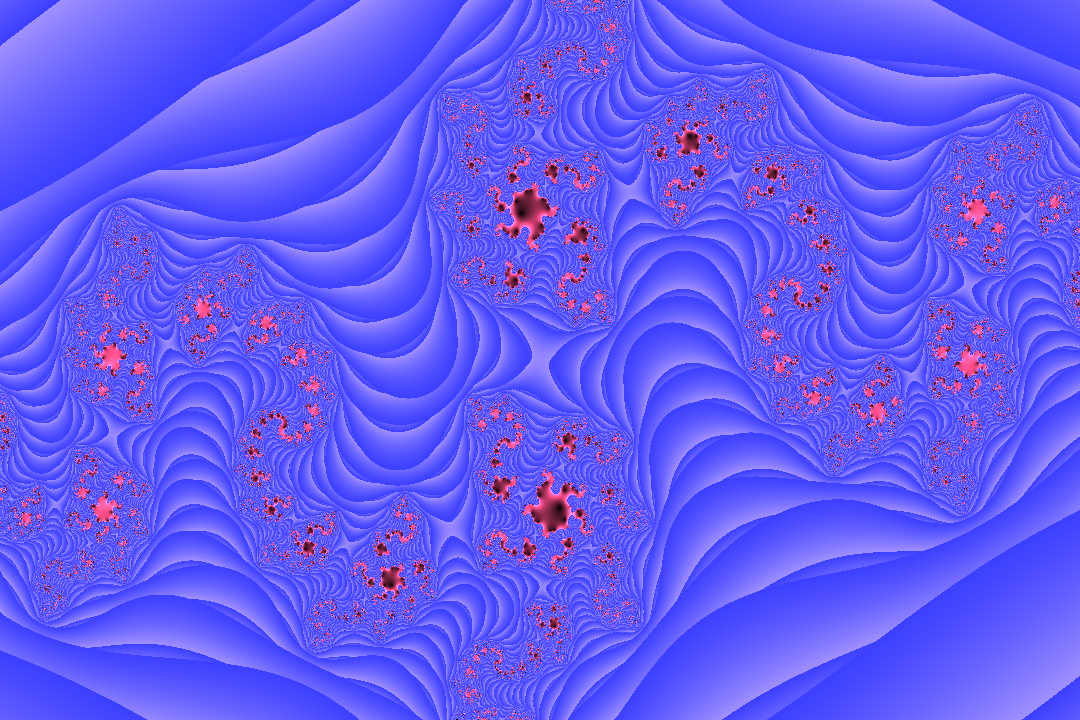


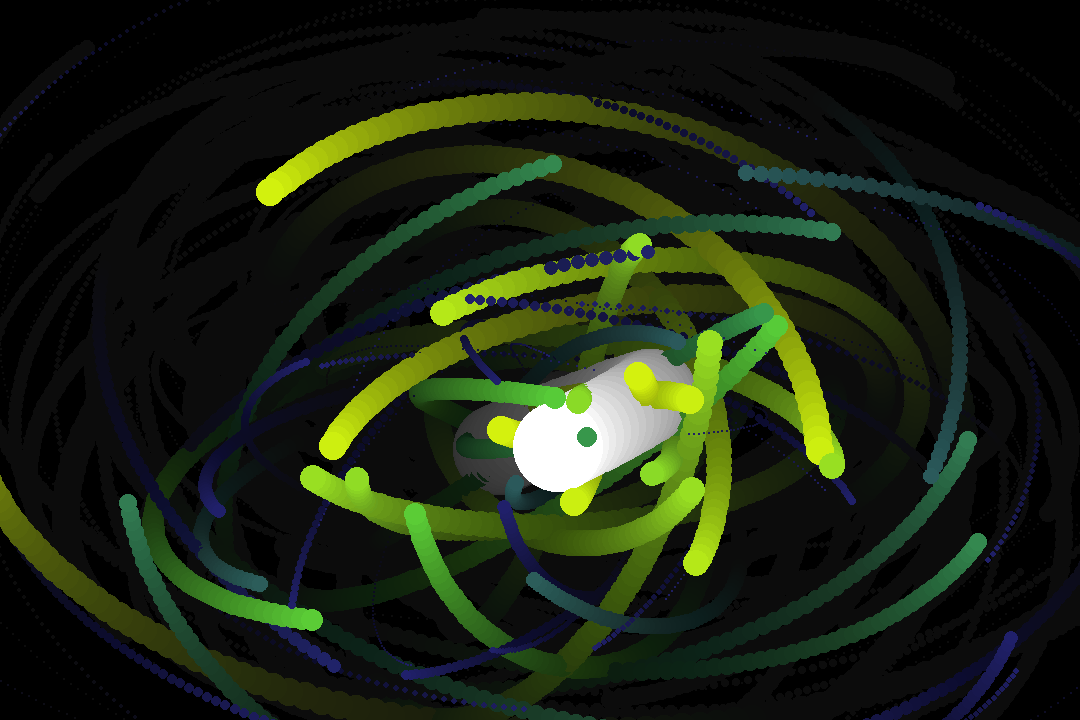
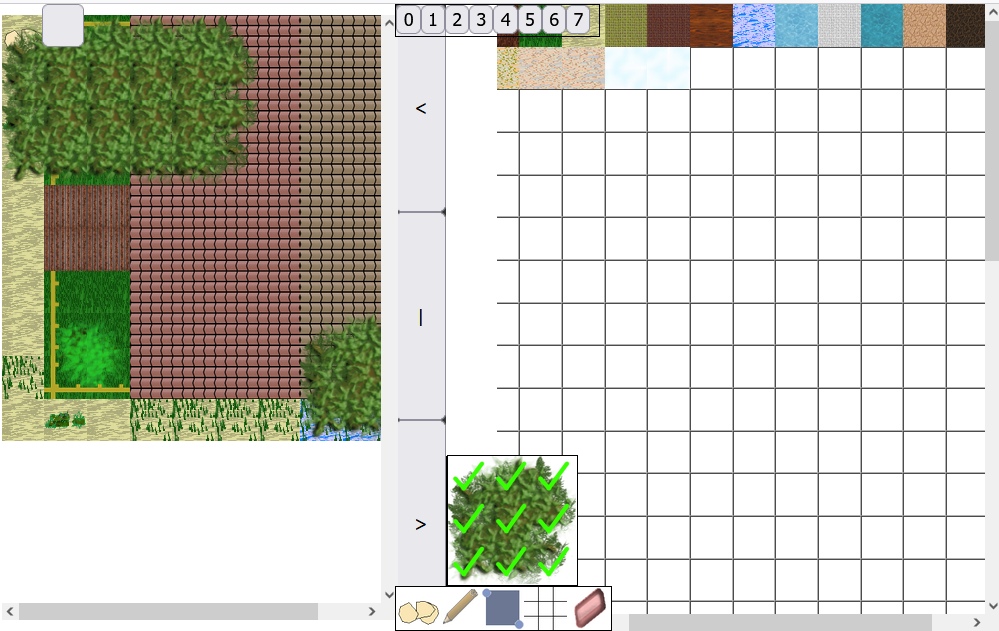

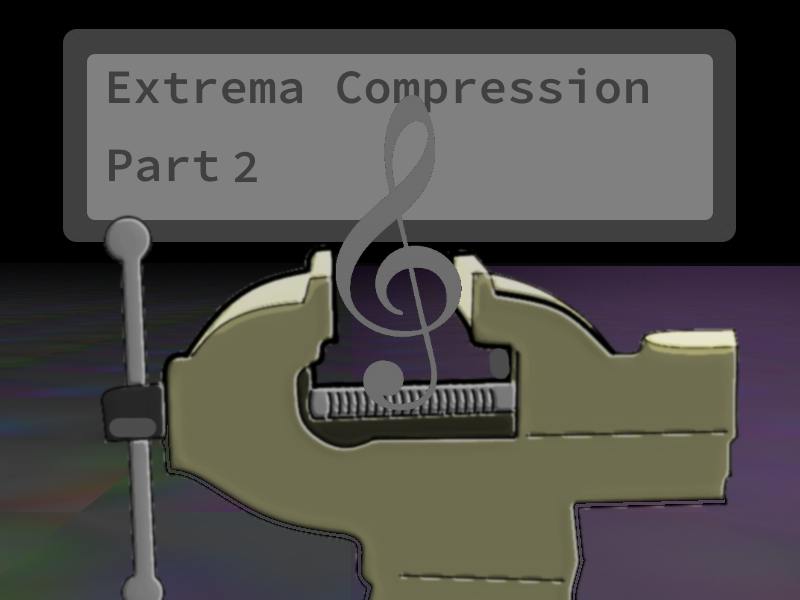
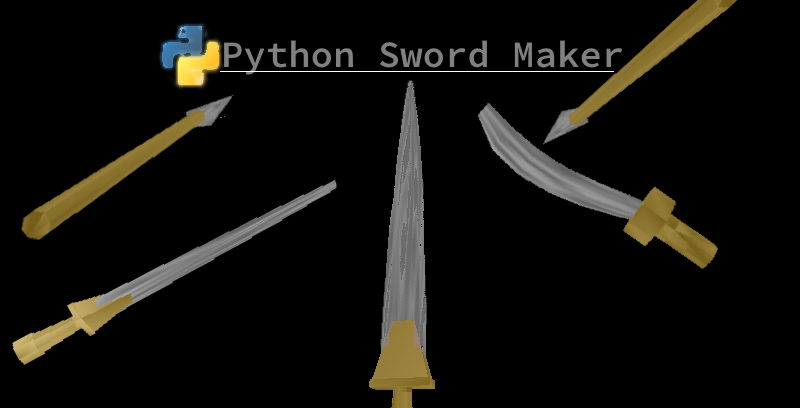
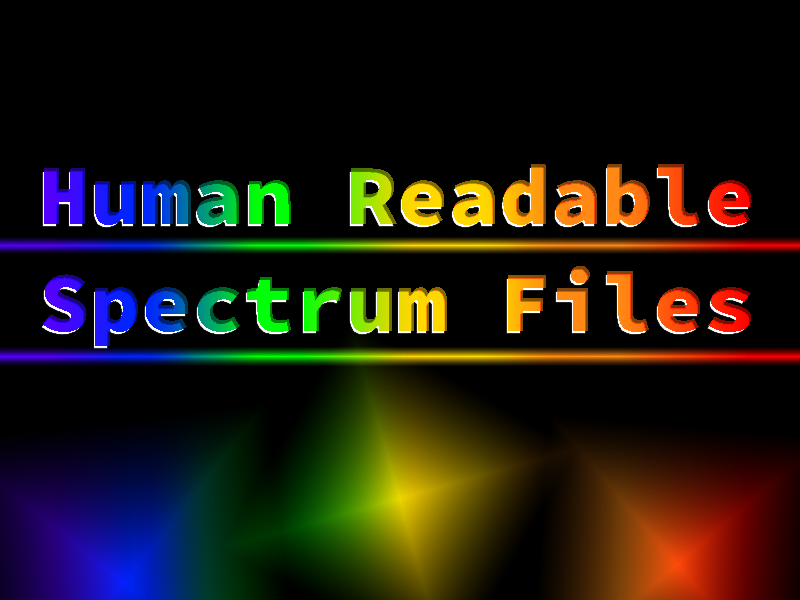
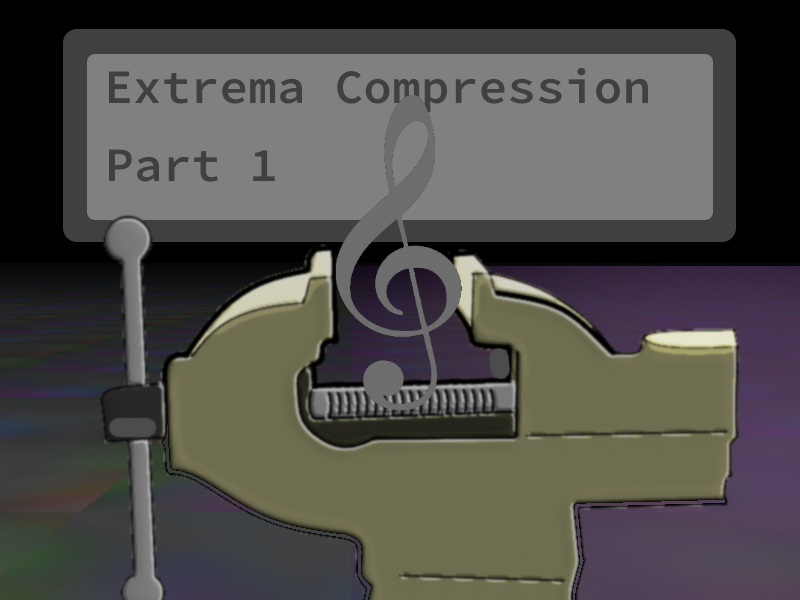
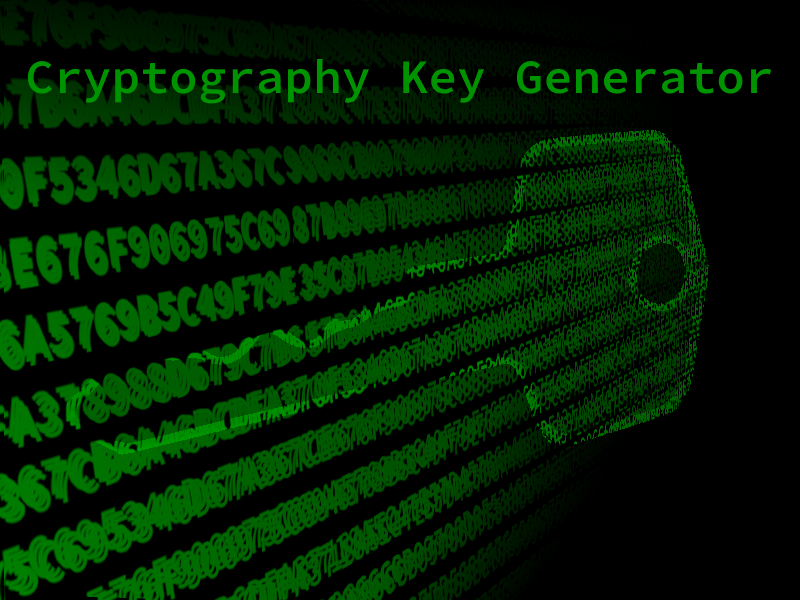
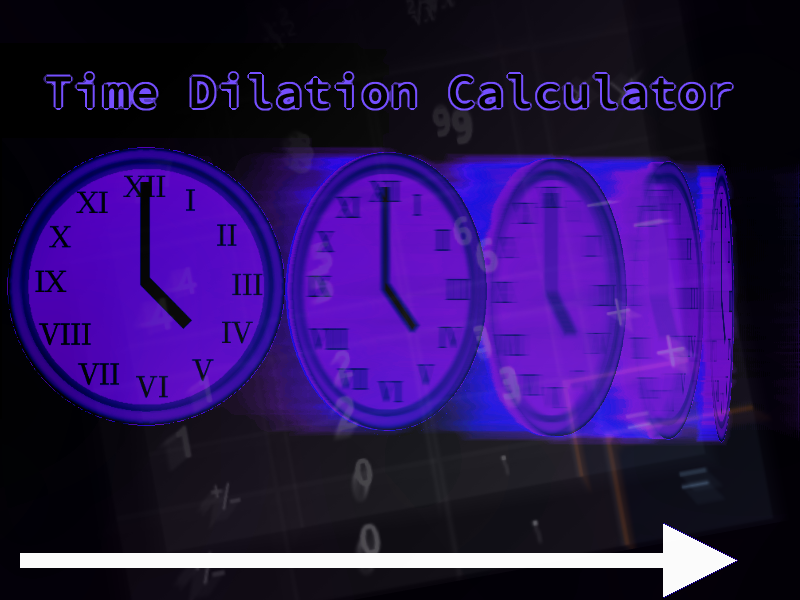

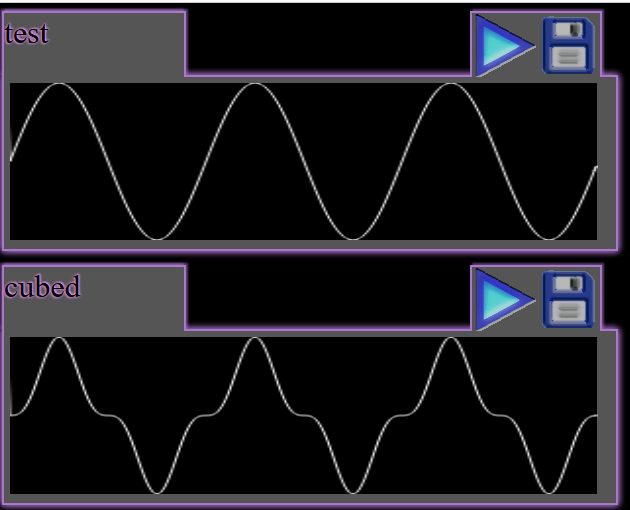

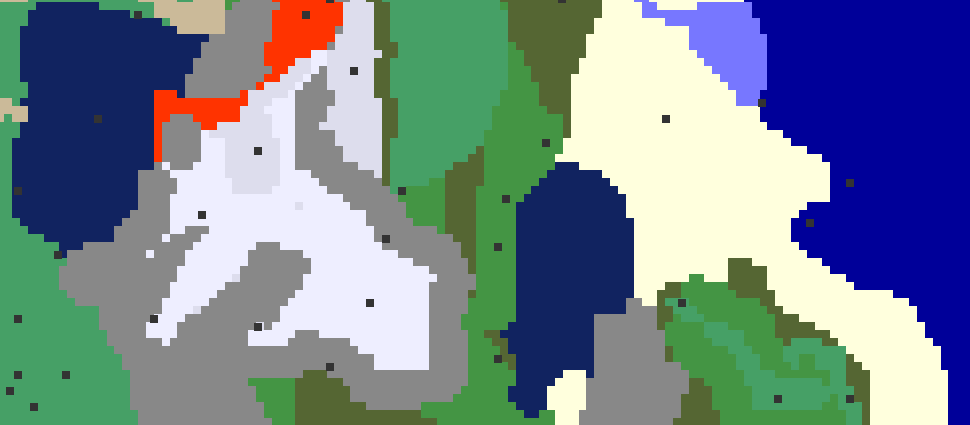



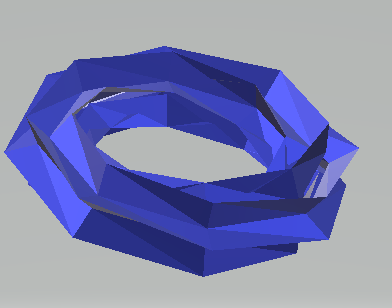




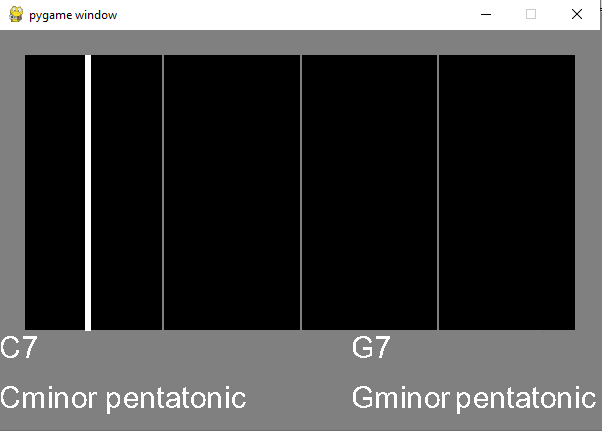
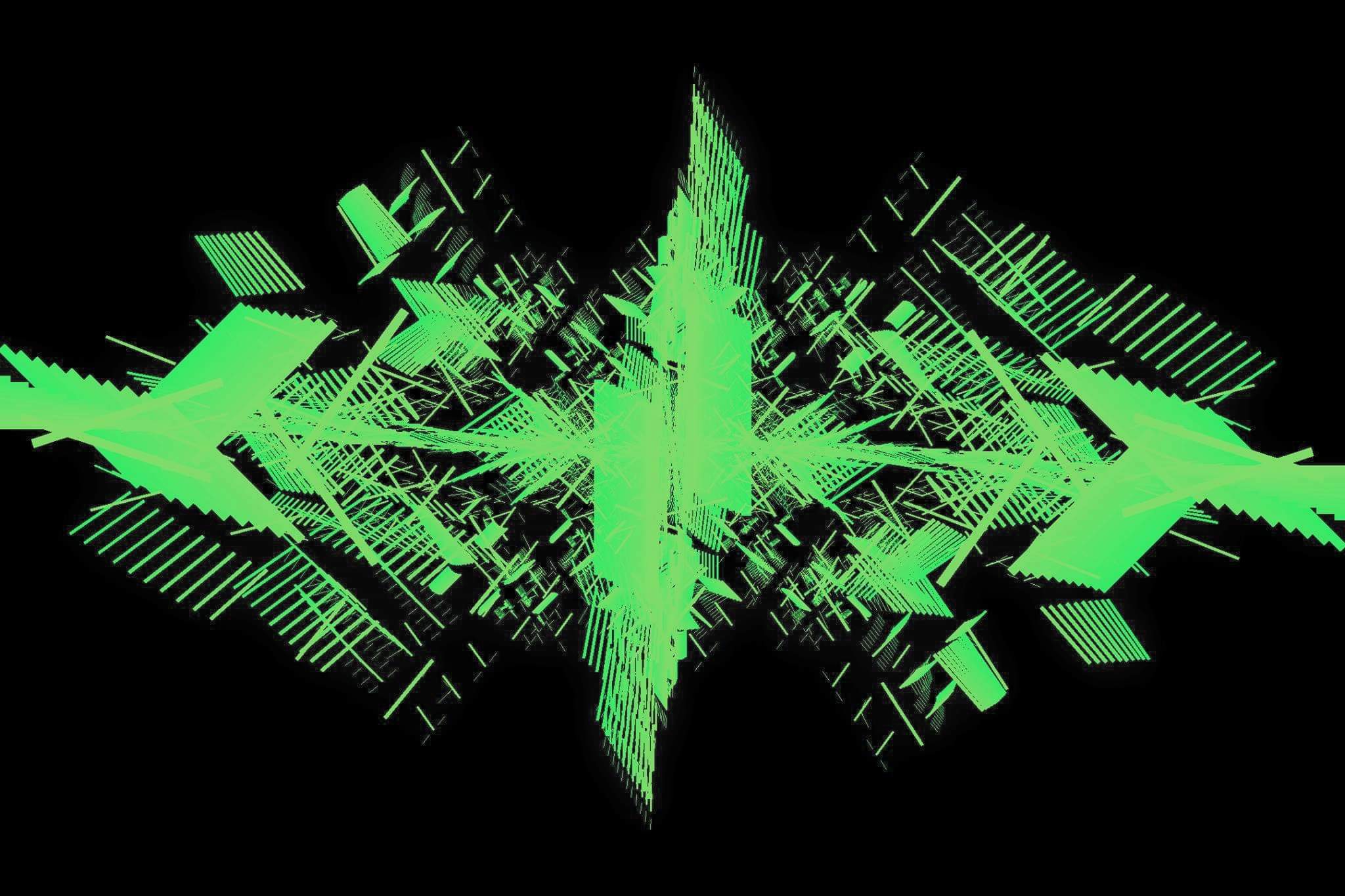

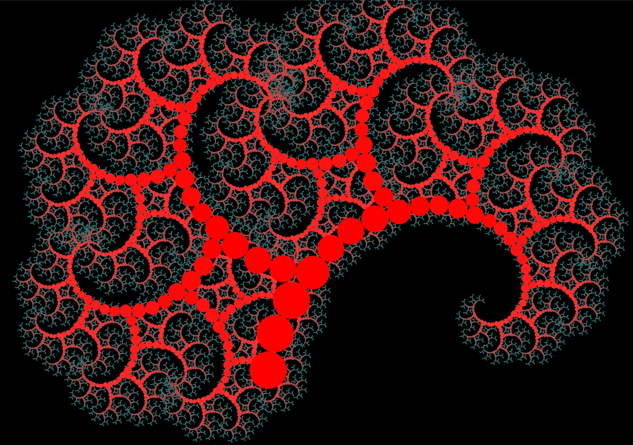
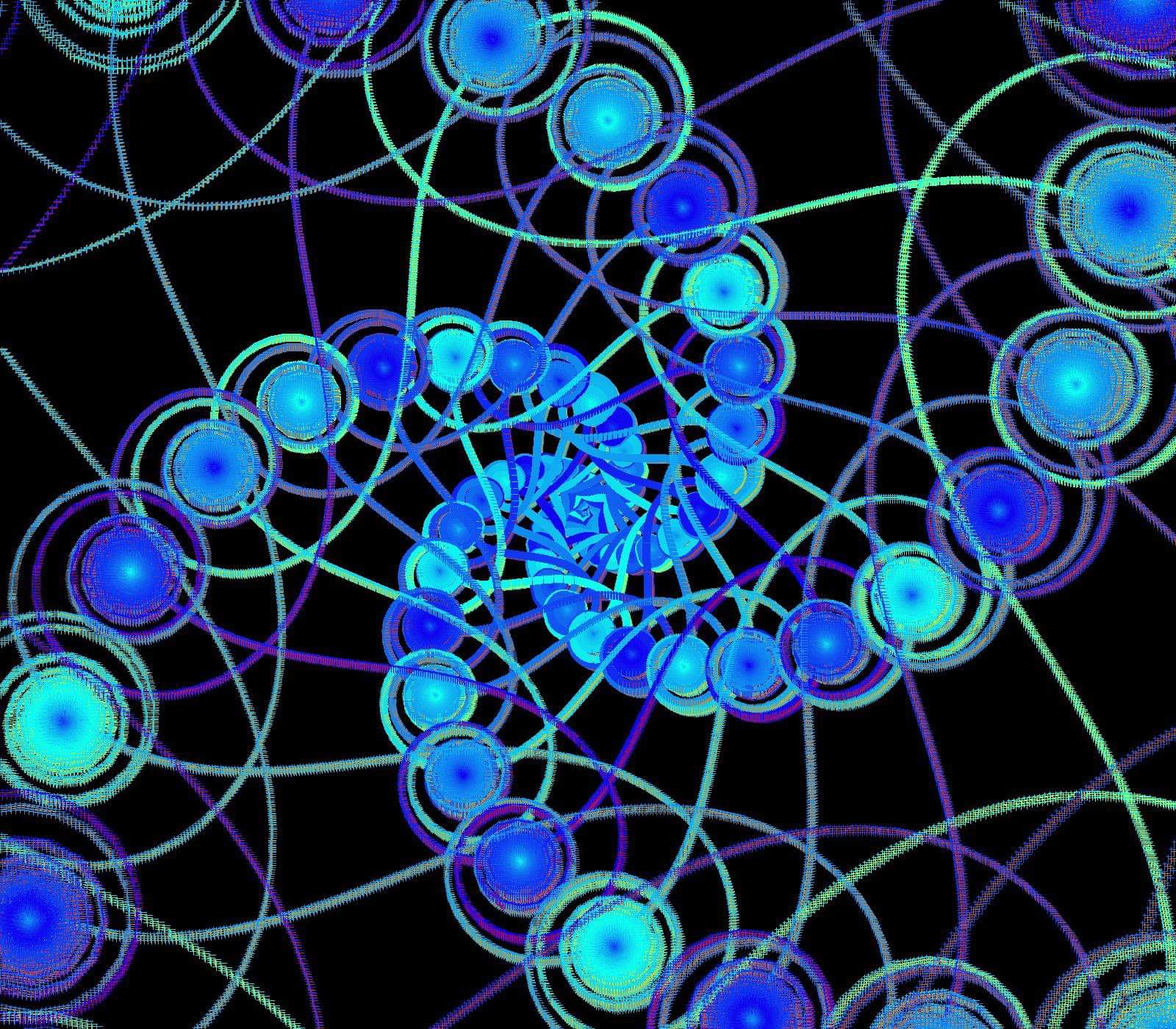
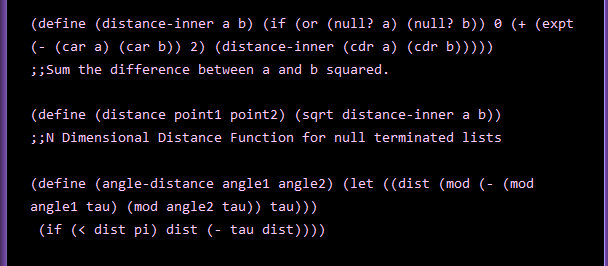
0